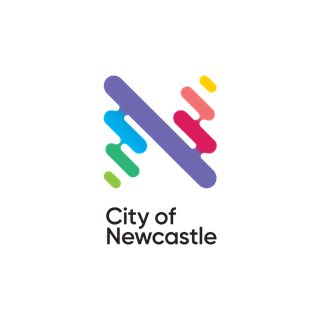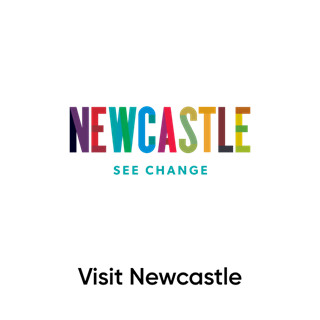
Housing Stress and Homelessness

Housing Stress and Homelessness are significant and growing issues in the Newcastle Community and can take many forms.
Housing Stress is usually when very low or moderate income households pay more than 30% of their household income on rental or mortgage payments. This is often the point where such households are at risk of having insufficient income to meet other essential living costs. Those paying more than 50% of income on such payments are deemed to be in 'severe housing stress.
Homelessness can include: sleeping rough, couch surfing and staying in unstable or overcrowded accommodation. The drivers of homelessness can include a shortage of stable and affordable housing, family violence, long term unemployment, family breakdown, mental illness and alcohol and other drug abuse.
Primary homelessness is experienced by people without conventional accommodation (e.g. sleeping rough, parks, outdoors, cars, squats or in improvised dwellings);
Secondary homelessness is experienced by people who frequently move from one temporary shelter to another (e.g. emergency accommodation, youth refuges, “couch surfing”);
Tertiary homelessness is experienced by people staying in accommodation that falls below minimum community standards of a home (e.g. boarding housing or caravan park where they have limited decision making/control over the dwelling).
Rough Sleeping is the most visible form of homelessness and takes many forms, including sleeping rough, couch surfing and staying in unstable or overcrowded accommodation. Rough sleeping constitutes approximately 7% of people experiencing homelessness.
Concerned About a Person Sleeping Rough?
Matthew Talbot Hostel has a simple and anonymous ONLINE REPORTING TOOL. When you fill out the tool this will immediately advise Matthew Talbot Homeless Service and Newcastle Assertive Outreach Team of a person sleeping rough. OR Ph: 1300 305 667 (Press option 2)
When a report has been made, the Newcastle Assertive Outreach officers will visit the location of the person, talk with them about thier needs and refer them to emergency accommodation or other support services.













